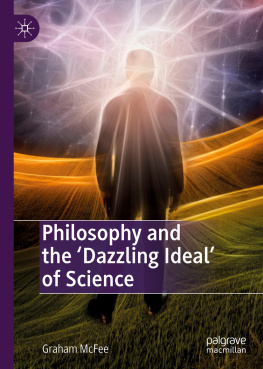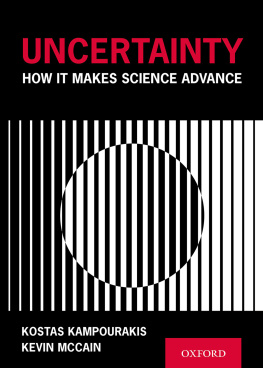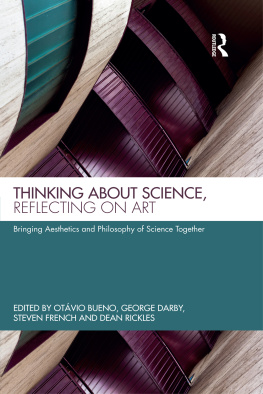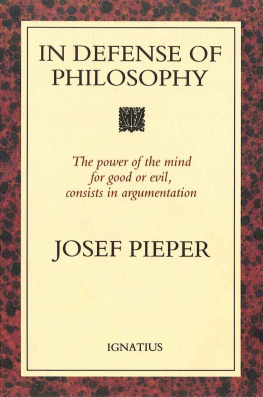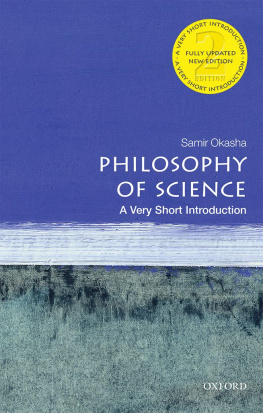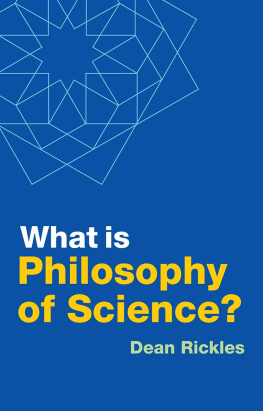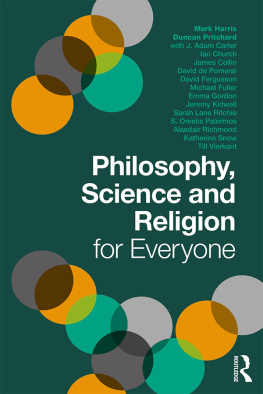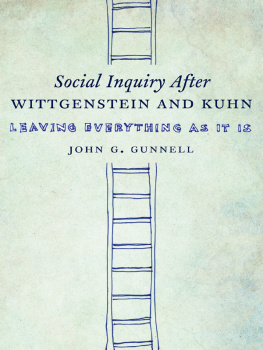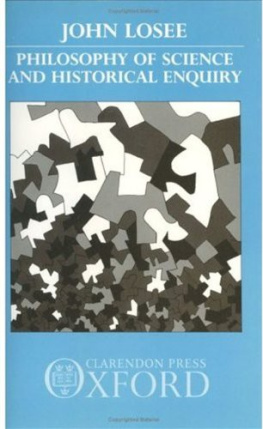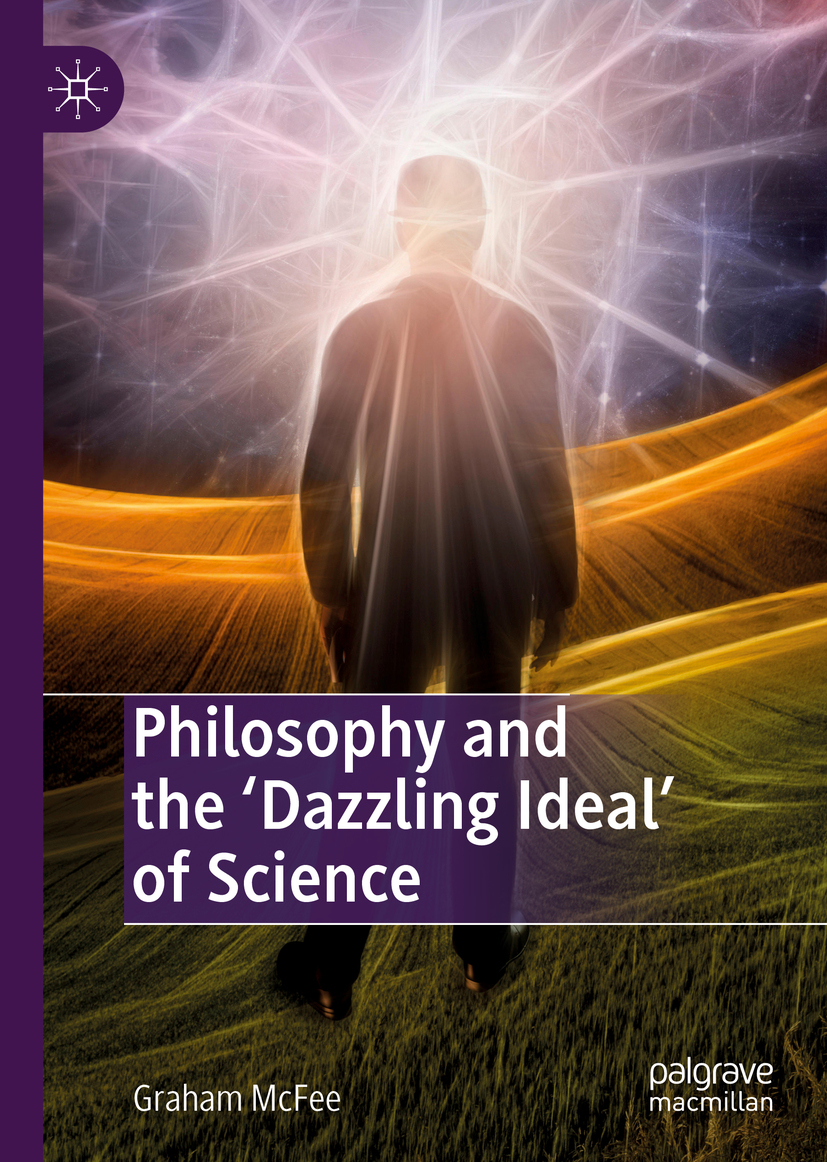Graham McFee
University of California Fullerton, Riverside, CA, USA
ISBN 978-3-030-21674-0 e-ISBN 978-3-030-21675-7
https://doi.org/10.1007/978-3-030-21675-7
The Editor(s) (if applicable) and The Author(s), under exclusive license to Springer Nature Switzerland AG 2019
This work is subject to copyright. All rights are solely and exclusively licensed by the Publisher, whether the whole or part of the material is concerned, specifically the rights of translation, reprinting, reuse of illustrations, recitation, broadcasting, reproduction on microfilms or in any other physical way, and transmission or information storage and retrieval, electronic adaptation, computer software, or by similar or dissimilar methodology now known or hereafter developed.
The use of general descriptive names, registered names, trademarks, service marks, etc. in this publication does not imply, even in the absence of a specific statement, that such names are exempt from the relevant protective laws and regulations and therefore free for general use.
The publisher, the authors and the editors are safe to assume that the advice and information in this book are believed to be true and accurate at the date of publication. Neither the publisher nor the authors or the editors give a warranty, express or implied, with respect to the material contained herein or for any errors or omissions that may have been made. The publisher remains neutral with regard to jurisdictional claims in published maps and institutional affiliations.
Cover illustration: Panther Media GmbH / Alamy Stock Photo
This Palgrave Macmillan imprint is published by the registered company Springer Nature Switzerland AG
The registered company address is: Gewerbestrasse 11, 6330 Cham, Switzerland
Preface
This monograph begins from the assumption that philosophy is possible and explores the kinds of creatures we must be, if that is to be true. Yet why might the possibility of philosophy be doubted? A pervasive image, or ideal , drawn from science provides the primary reason discussed here, an image generating scientism , whereby the successes of science seem to leave little or no room for philosophy. And, as Thomas Nagel (2012, p. 7) puts it, almost everyone in our secular culture has been browbeaten into regarding the reductive research program as sacrosanct, on the ground that anything else would not be sciencejust the kind of reductive conception against which this text presents a sustained argument. But more important, in practice, is our endorsement of the power of reason . For opposition to scientism to the over -valuing of models of knowledge and understanding from sciencecan sometimes generate, or seem to generate, a rejection of science; and then, potentially, a rejection of the concept of truth ; or of the distinction between truth and falsehood. Such rejections, too, must be set aside. Rather, the power of a certain image of science must be recognized, an image based on the achievements of the natural sciences in both explaining the world, and offering opportunities for prediction and control. Yet that image becomes pernicious if taken as an ideal of explanatory achievement, one stressing both the inexorability characteristic of causal explanation within science and its completeness: nothing sublunary escapes that explanatory power. The worry throughout is that, dazzled by the ideal as Wittgenstein ( PI 100) put it, our bedazzlement obscures, or leaves obscure, our conception of the rights and responsibilities, the powers and capacities, of philosophy: perhaps even rendering philosophy impossible.
This project grew out of another, to sketch an account of the philosophy of action consonant with a plausible philosophical aesthetics of dance (McFee, 2018). There, the worry coalesces around attempts to explain the artworks of dance in terms, roughly, of the neurobiology of dancers. But some issues raised are pervasive. Hence, there, elaborating explanatory frameworks for persons and their powers and capacities required consolidating that project in the light of my granting that [e]rror and superstition have causes just as much as correct cognition (Frege , [1918] 1984, p. 351). Thus, my interest in some of those frameworks in their own right was piquedor rekindledsince they often involve various scientistic conceptions that, with Frege , I was keen to oppose: the view that persons were nothing but causal structures (therefore lacking agency, and hence responsibility ); that minds were nothing but a kind of complicated computer; that imagining kinds of robot or android was an informative way to think about minds; that our psychologies were fixed by our biology . As a result, this book intersects with that one, like the circles of a Venn diagram: indeed, there is some overlap in content.
So this monograph has, as it were, two agenda items: first, to defend the claims of philosophy against those seeking to minimize either its possibility or its importance by contrasting it with natural science; where such a defence of the claims of philosophy (especially its claims to truth , at least in principle) also permits granting to natural science (properly understood) its truth-generating power. Then, second, to show what this defence says about persons (as agents).
In this light, some readers may think it odd that what might strike them as a key question remains unaddressed; indeed, unconsidered. For this text contains little or nothing about how the materialism I endorse here (on which we persons are wholly composed from matter, in the sense that there is no mind-stuff) ever generates the kinds of purposes and values that I repeatedly refer to throughout this text: how can such materialism lead to the kinds of teleology I find for people without involving some radically different kind of thing or substance? This question clearly besets both Thomas Nagel (2012, pp. 45), who usually appears as a hero of this texts theses, and Michael Ruse (2017, pp. 4849), who might have played a similar rolehad I discovered his book On Purpose (2017) before I had basically finished writing this one.
For me, though, that whole line of enquiry is ill-formed: it represents exactly the tendency that, as we will see, Ludwig Wittgenstein ( OC 471) warned us against as aiming to go further back beyond the appropriate starting point. A parallel to bring out the problem, perhaps, concerns the suggestion that the world rests on the back of a huge tortoise: anyone who accepts this as a legitimate attempt to answer a legitimate question must then surely ask on what the tortoise rests. Obviously, if such an initial foundation can legitimately be requested, or the kind of question it represents granted to be well formed, no answer will be possibleany level chosen simply allows that the question be repeated at a lower level. And then those who regard the initial question as legitimate cannot really urge that it is tortoises all the way down ! Ruse (2017, p. 182) offers another appropriate comparison: the cookbook recipe that begins, first take ingredient X, does not typically consider practical questions about where such ingredients come from; addressing

